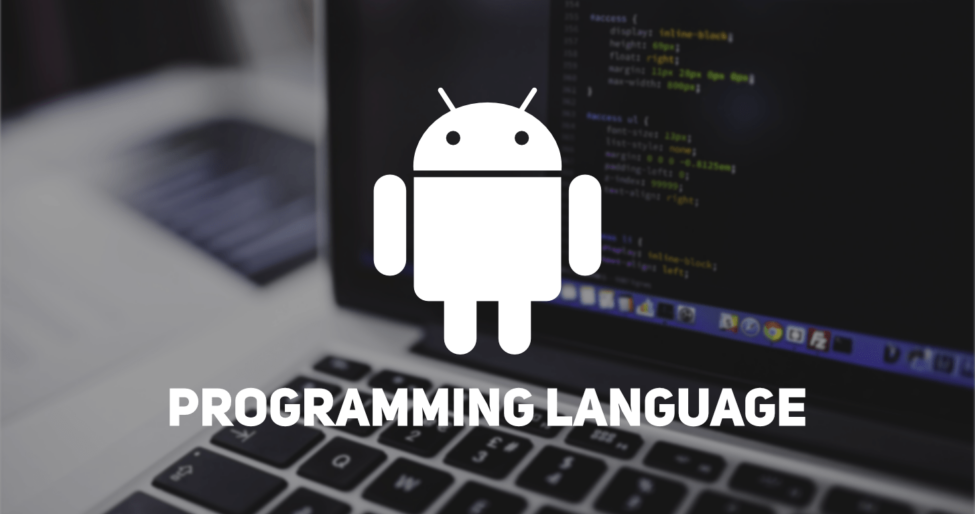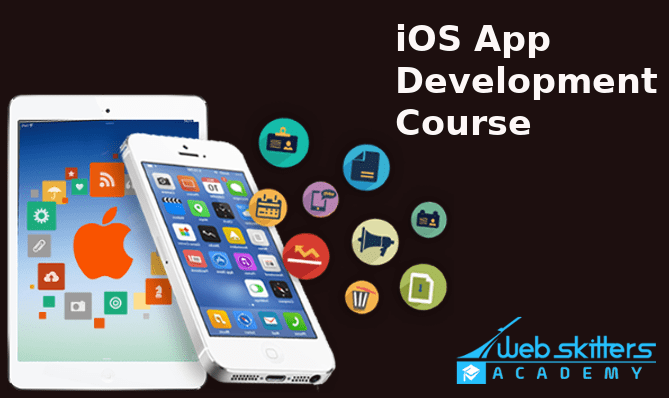
Table of Contents
When you think about creating a mobile app, you need to consider numerous things. What is the purpose of your app, who will use it, and how will it be used? However, one of the most important decisions to make is which type of app development you want: native or hybrid.
Native Applications
Native android apps are a special type of application that is developed using the programming language of the mobile platform it will run on, such as iOS or Android. Native android mobile apps are faster and more secure than hybrid apps. They can also deliver an enhanced user experience because developers have access to all of the phone’s built-in hardware and software features (such as GPS location data or camera photos).
However, native apps require more time and money to develop compared to hybrid ones since developers must write two code bases for each platform (one for iOS and one for Android platforms). Additionally, maintaining multiple code bases can be challenging because it requires continuous testing across platforms before releasing new versions of an app.
Hybrid Applications
Hybrid mobile applications are a mixture of native apps. They’re built using web technologies like HTML5, CSS and JavaScript, but they’re rendered using a mobile app framework. These frameworks can be used to build an app for multiple platforms at once by writing code in one language or framework instead of having to write it repeatedly for each platform.
It is the reason hybrid applications are sometimes referred to as cross-platform mobile applications because they can run on multiple devices while still maintaining the look and feel you would expect from a native app.
Hybrid apps are published at app stores as native apps, however, they have the benefits of being written in a browser beside the Objective C (for iOS) or Java (for Android Platform).
Which will fit best for your career path?
The answer depends on numerous factors. To make an informed choice, think of the following:
1. Target audience
If your target audience is primarily mobile users, or if you use an app in a place where connectivity issues are the same, then a hybrid app may work best for you. For example, if most of your users travel through areas with poor internet connectivity and need to access their data offline (think taxi drivers), then a hybrid app would be more appropriate than native since it allows for offline functionality by default.
2. Target platforms
The type of device that will run your application should also play into the decision about which development approach is best for you. If you want to develop an iOS application but don’t have any iOS developers on staff yet (or don’t plan to hire one), then building from scratch using Objective-C/Swift might not be feasible because they require some programming knowledge before getting started with developing applications uses.
React Native only requires JavaScript knowledge, hence you don’t require extra coding experience during development time. However, if developing Android apps wasn’t as important, but you want something immediately without waiting for six months or longer until hiring someone who knows Objective-C/Swift, then using React-Native would give users immediate access without having problems.
Native apps are better than hybrid apps in terms of speed and performance. For example, if you’re a game developer, then a native app is the way to go. But if your ultimate aim is to reach many people within a limited time, then an HTML5 app might work the best.
There are many factors to consider when choosing between native apps and hybrid apps. If you’re a game developer, then a native app is the way to go. However, if your ultimate goal is to reach a large audience within a limited budget and time, then an HTML5 app might work best for you.
There are also some disadvantages of hybrid apps that you should know about before making your decision:
3. Hybrid Apps Are More Expensive than Native Apps
Although it’s possible to build hybrid apps for less money than native ones (especially if there is no need for any backend integration), building them will still cost more money than developing HTML5-based web applications.
The mobile marketplace is growing rapidly, with organizations wanting to get their business apps developed quickly and efficiently. The challenge lies in choosing the right development platform and tools. Hybrid app development technologies have emerged as the most preferred option for both small businesses and Fortune 500 companies, owing to their ability to deliver quality products at high speed. In this article, we will discuss the top hybrid app development tools being used by developers today to deliver quality products on time.
Let’s talk about a few hybrid app frameworks:
1. Ionic
Ionic is a front-end framework that makes it easy to build live, native-feeling mobile apps with web technologies. It has made on the mountain of AngularJS and Apache Cordova.
Ionic’s goal is to help developers build rich and powerful cross-platform apps using a single code base. Ionic allows you to use web technologies such as CSS, HTML5, and Sass to make your applications for mobile devices. Since Ionic uses AngularJS as its view framework, you can take advantage of every Angular feature like two-way data binding, dependency injection, etc.
2. NativeScript
If you’ve ever written a mobile app in JavaScript and CSS, then NativeScript is for you. NativeScript is an open-source framework for building native apps with JavaScript, TypeScript, and CSS.
You can create complex apps with beautiful user interfaces (UIs) using Angular or Vue frameworks running on iOS and Android platforms. With NativeScript, there’s no need to learn Java or Objective-C if you’re familiar with web technologies such as HTML5 and CSS3.
3. PhoneGap
PhoneGap is a library for building cross-platform mobile applications. You can use it to create hybrid and native apps using JavaScript, HTML5, and CSS.
PhoneGap has two main components:
The PhoneGap CLI (command line interface) allows you to build, run, package, and debug your app on a device or in an emulator.
The Cordova project contains all of the JavaScript code you need to build your application.
4. React Native
React Native is an open-source library for building native apps for iOS and Android. It uses JavaScript, the language you probably use in your web development projects, to write a code once and then run it on both platforms.
The main advantage of React Native is that it lets you reuse most of your web development skills when building mobile apps. Many developers have reported that they could get up and running in less than a day with this tool.
Another huge benefit will be the large developer community in the React Native app development field: it’s highly active on GitHub, having over 200 contributors who have submitted more than 1,600 issues or pull requests from 2016.
Hybrid mobile app frameworks are good for fast prototyping apps:
If you’re building a mobile app and want to get it out quickly, then hybrid frameworks are a great choice. It lets you quickly create an app with several custom UI used by a small team. If your apps get deployed to multiple platforms, it is also the way to go.
Because hybrid frameworks combine native code with HTML5, they allow you to use the same codebase across multiple platforms and devices, saving resources and time if your apps need to support both iOS and Android but still look consistent across all platforms.
Wrapping Up
If you’re ready to start your next mobile app, these tools are a great place to start. When choosing between hybrid and native app development, it’s crucial to weigh the pros and cons of each approach. Hybrid apps have many advantages over native apps in terms of cost, and time.
Also Read,
Search
I Want to Learn...
Category
Explore OurAll CoursesTransform Your Dreams
into Reality
Subscribe to Our Newsletter
"*" indicates required fields
Similar Reads

 Course Fees Revising Soon! to Lock in the Current Price
Course Fees Revising Soon! to Lock in the Current Price 








